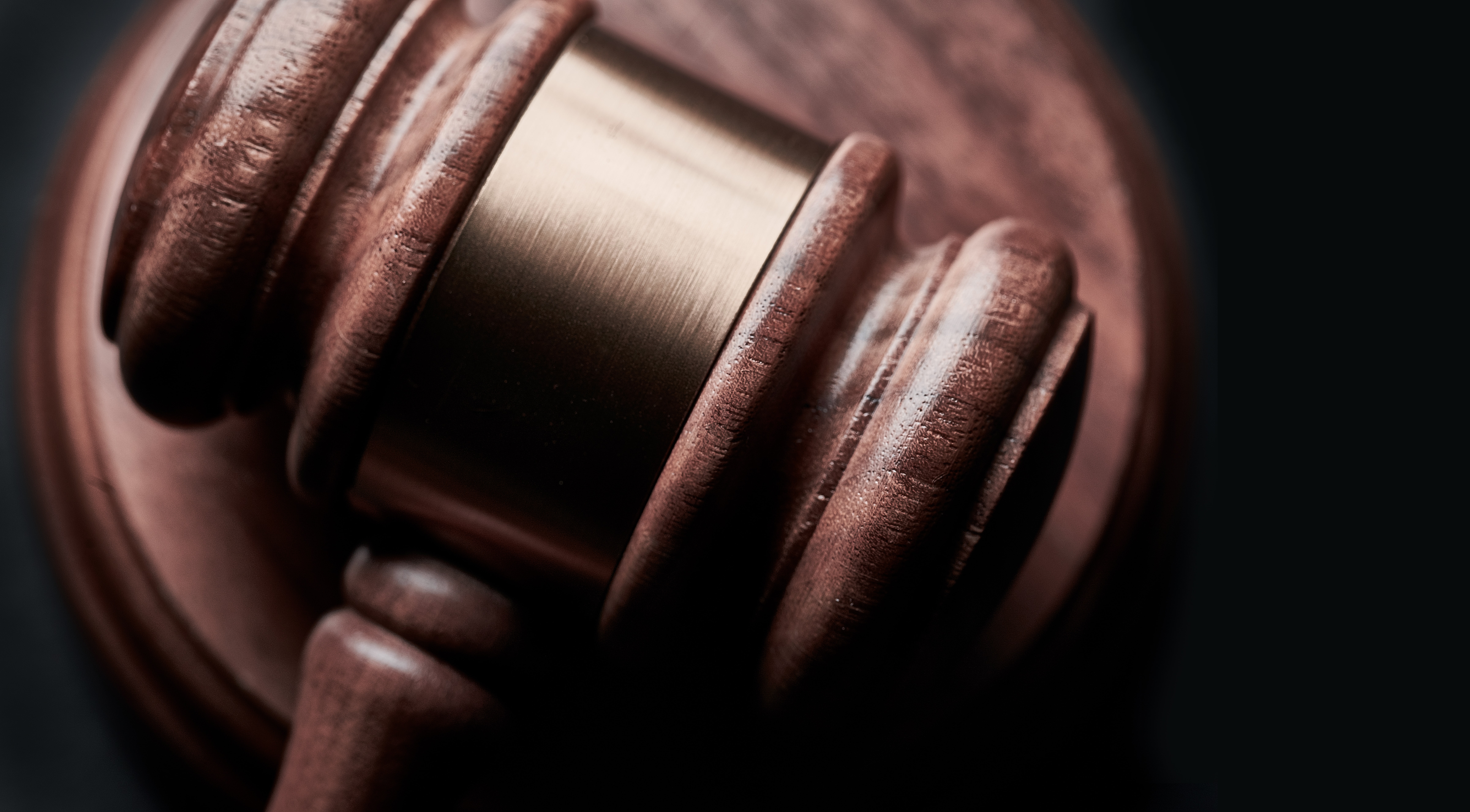 The Missouri Plan selection process for judges in Alaska was intended to be unbiased and nonpartisan, and some would argue that this is the case. But current drama demonstrates otherwise.
The Missouri Plan selection process for judges in Alaska was intended to be unbiased and nonpartisan, and some would argue that this is the case. But current drama demonstrates otherwise.
Unlike in other states, Alaska’s judges are not elected by the public or chosen by other elected officials, but instead, candidates are nominated by the Alaska Judicial Council. The Council is an unelected seven-member body, which is dominated by the Alaska Bar Association (ABA), since four of its seven members are required to be attorneys with ABA memberships. The Council approves candidates for the governor to choose from.
Surely we’re pulling the wool over your eyes? Well, a recent Wall Street Journal (WSJ) article by its editorial board describes the current situation.
A petition to recall Alaska’s Governor began last year, after the Supreme Court struck down two laws that cut government funding by $335,000. The current Governor:
responded with a veto to cut funding for Alaska’s court system by the same amount—$335,000 (about 1% of the court budget). …
A nonpartisan judiciary would have recognized the conflict of ruling on a case in which it has a financial and political interest. Instead, the state Supreme Court on March 25 rewarded the petition with oral arguments, and it has allowed the recall group to continue gathering signatures. Chief Justice Joel Bolger did recuse himself from the case, but his colleagues seem intent on using the recall to send a message to a Governor who has challenged their insulated system.
To sum up this drama, two laws were passed and signed by a previous Governor which cut the cost of government by $335,000. The Supreme Court struck down these laws and in response, the current Governor cut funding for the court system by the same amount – $335,000. And now the Supreme Court is hearing oral arguments for recalling the Governor. The problem? The Supreme Court has a vested interest in the recall, since the Governor vetoed some of their funding.
Because judges are nominated by the Alaska Judicial Council – which is dominated by the Alaska Bar Association – and not elected, the only way for Alaskans to now hold them accountable is by voting to “not retain” judges. But even if Alaskans voted to not retain a judge – which very rarely happens – the state’s “judicial selection [is now] in the hands of a legal elite.”
Americans trust that the judiciary is an unbiased, non-partisan branch of government, and recent drama has shown that this is not the case in Alaska. All three branches of the government – judicial, legislative, and executive – should answer to the people equally. All the people of Alaska, not just the Alaska Bar Association.
Author’s Note: To be clear, APF has no position on the “Recall Dunleavy” efforts. As a non-partisan 501(c)(3), we do not take positions on elections issues or campaigns, only on policy issues. We are using this example to demonstrate the defects in Alaska’s judicial selection process. And in this, we are apparently in agreement with the Wall Street Journal’s editorial board.